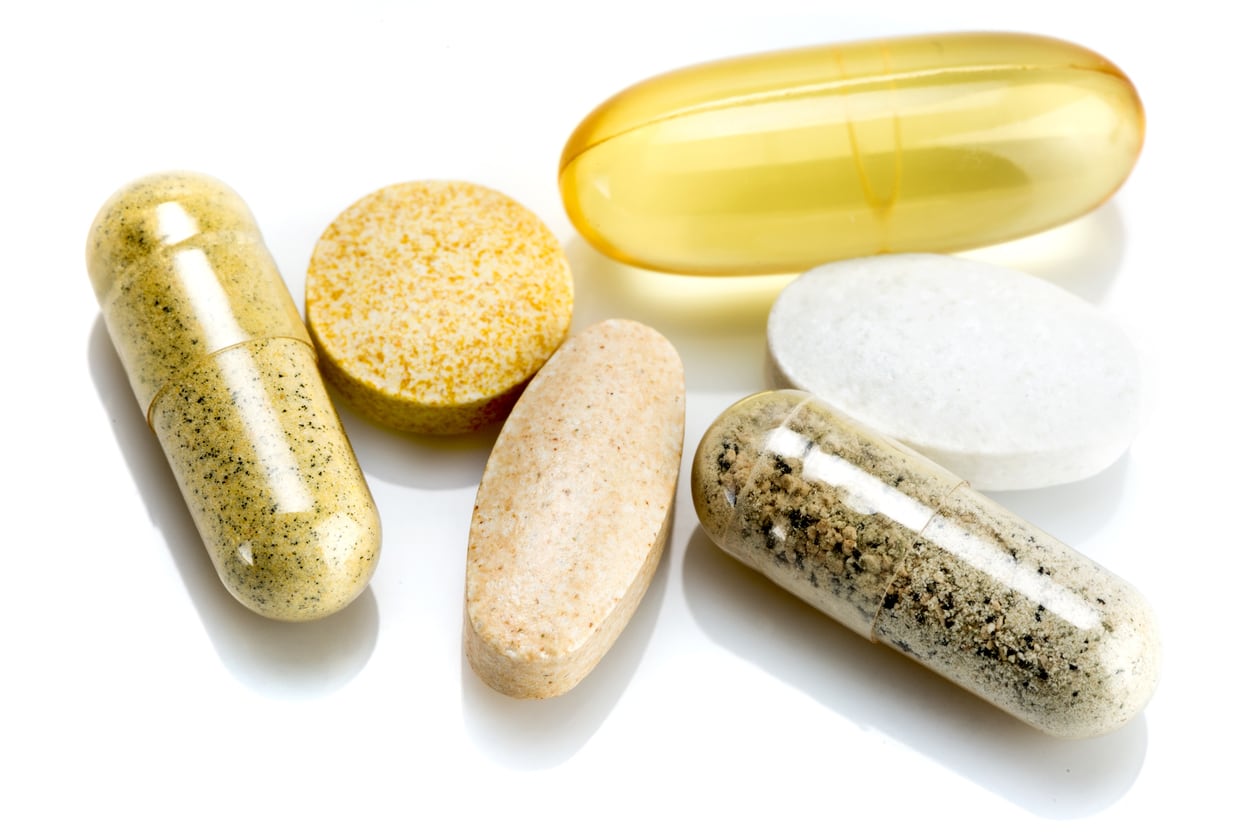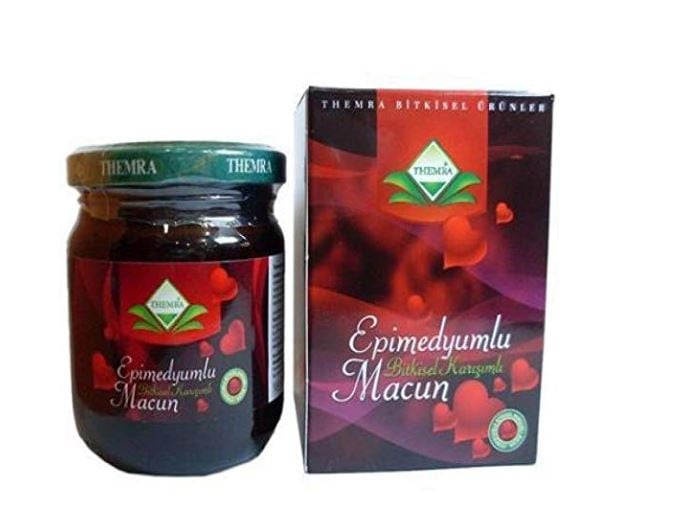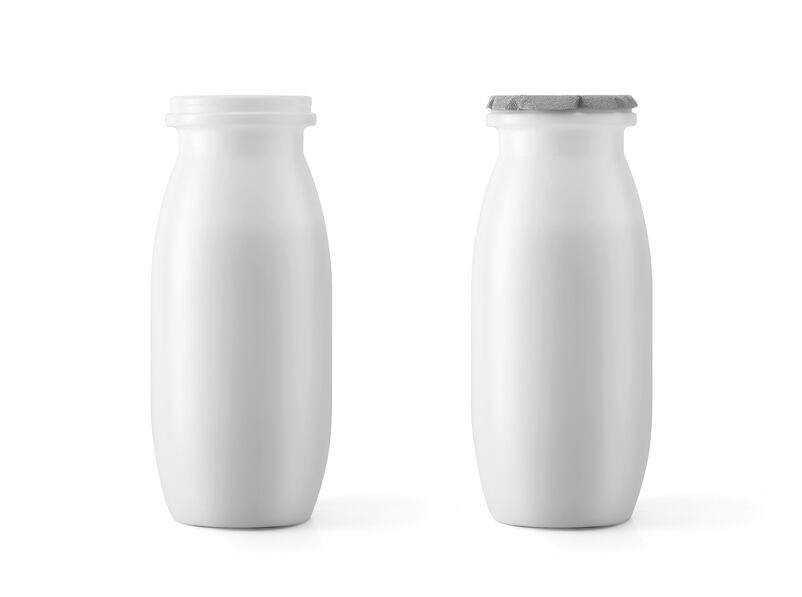Findings (in German) from the 31 product samples selected include seven nutritional supplement products that had previously been received complaints from consumers.
Food agencies found one sample considered unsuitable for human consumption that contained a daily 10 milligram (mg) dose of the cholesterol-lowering ingredient monacolin. This dietary supplement did not contain any German warnings.
Another sample contained an illegal doping substance flagged up on the National Anti-Doping Agency (NADA) list.
‘Labelling offences identified’
“The main aspect of this priority action was the screening for inadmissible active pharmaceutical ingredients,” said the Austrian Agency for Health and Food Safety’s (AGES) final report.
“After completion of this screening, the samples were examined under food law. In the course of food law review, many labelling offenses were identified. Even goods offered in Ethnic shops must be in German-language.”
AGES’ testing of supplement products follows food authorities in Denmark, who recently tested 33 products for 284 different contaminants on the World Anti-Doping Agency’s (WADA) doping list.
In tests that looked for the presence of anabolic steroids and central stimulants amongst other substances, findings reveal none of the products sampled contained doping agents.
Multiple agency initiative
In contrast, the initiative between AGES, the Federal Ministry of Labor, Social Affairs, Health and Consumer Protection (BMASGK) and the Federal Office for Safety in Health Care (BASG) also found two samples containing misleading or inadmissible disease-related claims.
The three remaining nutritional supplement samples were found to be in violation of mandatory labelling requirements such as non-use of minimum font size or were not in the German language.
Food scientists also tested four cosmetic products in which a body gel was using the banned preservatives linone and methylchloroisothiazolinone, which can cause sensitisation or allergies.
Three soap products were also criticised by the authorities with one considered misleading, as the active substance triclosan could not be detected in the product. All three products had labelling information in German missing.




